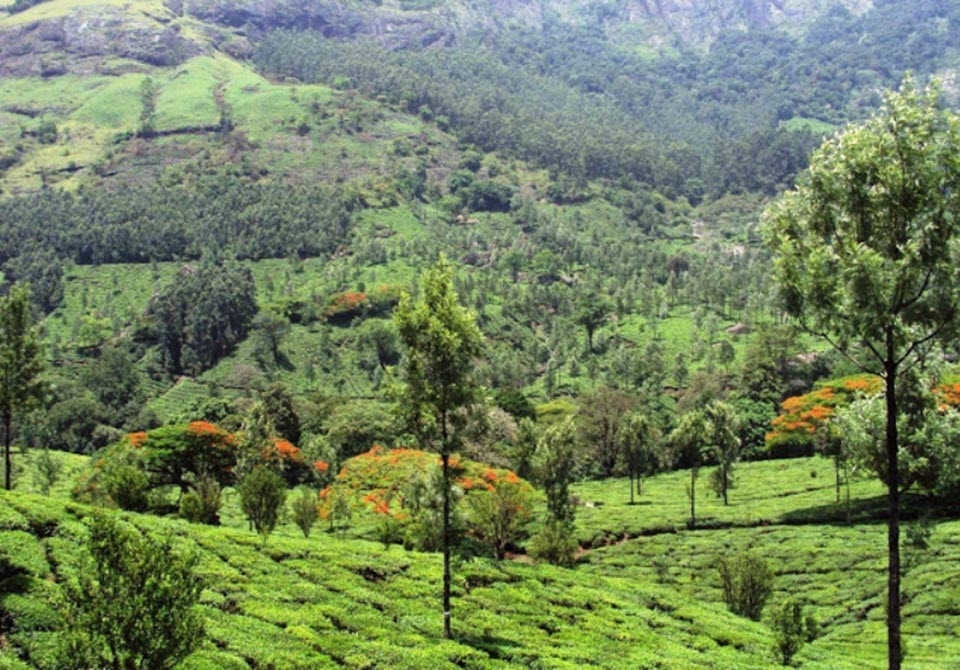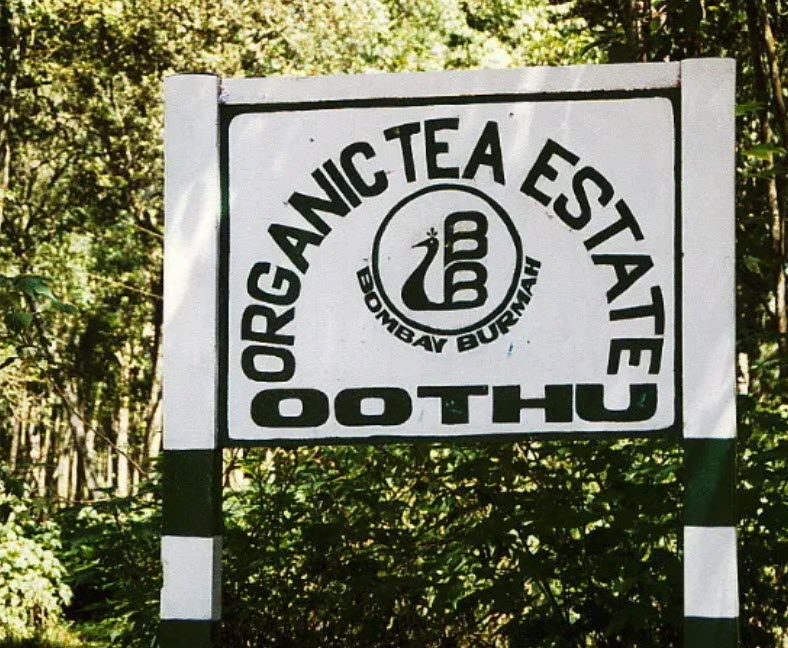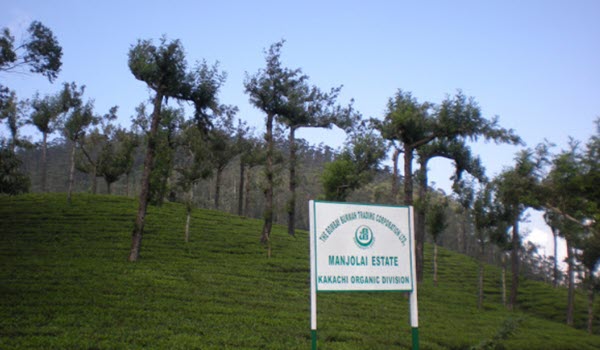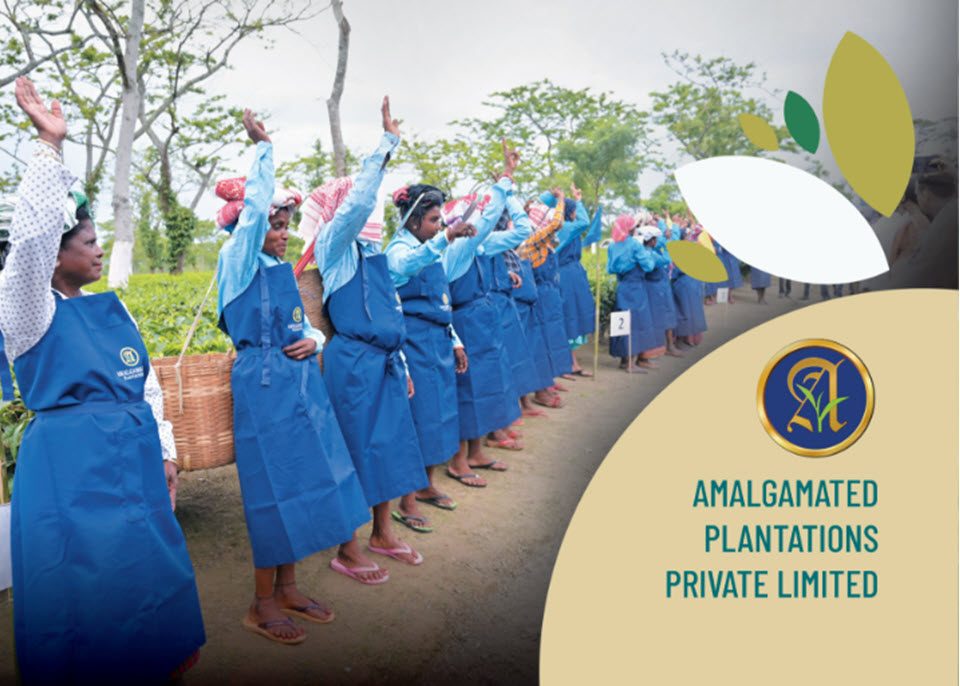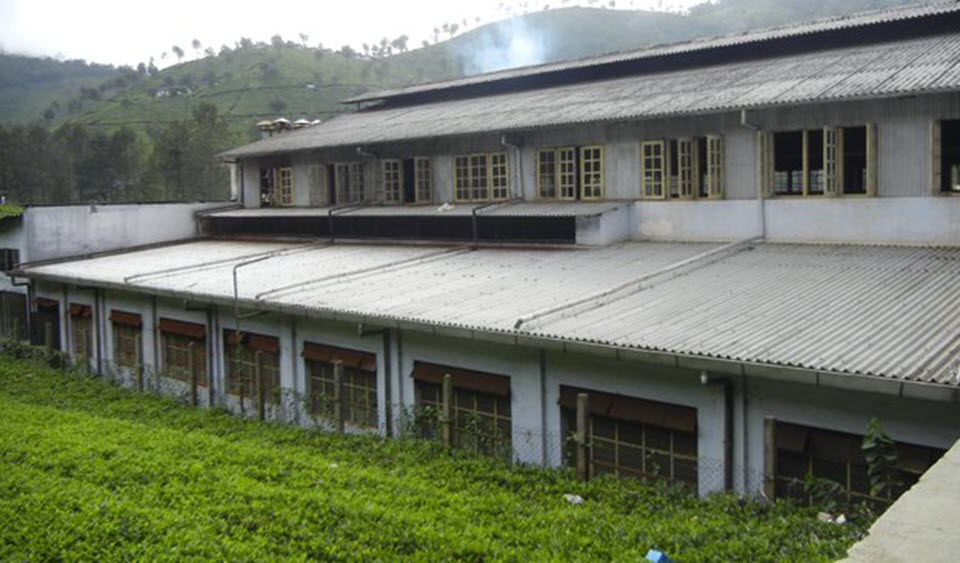By Aravinda Anantharaman | Managing Editor
India Tea News for the week ending May 24, 2024
Powered by RedCircle

First Flush 2024
The first harvest or flush has ended, and we are looking at how India fared this year. Across the country, a long, dry winter and late rains that fluctuate between too little and too much have affected crops. Overall, it appears that North India saw a decrease in yield by as much as 35-50% compared to the same period last year. Prices have not been commensurate.
Darjeeling experienced a long dry spell. The much-needed January rain did not show up this year. The problem of cheap tea imports from Nepal continues unchecked. Planters have been calling for checks on Nepal imports, better import testing, and protection of the Darjeeling heritage. This year saw more garden closures, which is expected to impact production, which saw one of its recent lows at 6.18 mn kilos last year.
In Sikkim, the first flush was delayed by 3-4 weeks due to late rains, which caused a late harvest. The second flush began earlier—by about two weeks—because of rising temperatures. Crop volume has also dropped here.
In Assam, production has dropped, as compared with last year, by close to 35%. March crop was down by 14mn kilos. Lack of rain has brought crop loss. The order to route 100% dust via auctions, while still not seen as beneficial by the planters, continues. However, prices are going up compared to last year. In the most recent Sale 21, two teas from Deckiajuli fetched upwards of Rs 600/ kilo – the BP grade sold for Rs 605 while PF grade sold for Rs 651.
Kangra experienced dry weather, and the crop was down. Production of the green tea, which is a highlight here, was delayed. Demand and prices are low.
South India has seen some better crops despite late rains and a hot summer. In March, the Nilgiris saw an increase of nearly 3 million kilos over 2023. Its traditional export markets of Iraq, Syria, Turkey, and CIS countries have been active, and Orthodox offerings have been doing well. However, currently, the region is seeing a long dry spell, which will impact crop production in the coming weeks.
Assam BLFs to close June 1st
The pesticide issue continues to plague Assam, and the Assam Bought Leaf Manufacturers Association, representing 110 factories, has said it will stop production on June 1st. The association states that buyers have refused their teas because of pesticide concerns. The Bought Leaf Factories say they have no control over pesticide use by small tea growers. Meanwhile, the Assam Chah Mazdoor Sangh has rallied the workers and held several protests. In Moran, workers gathered at the Bamunbari and Khowang gardens owned by Andrew Yule to protest against nonpayment of wages for several months. In Dibrugarh, protests were seen at the Basmatia Tea Estate.
Make Tea A National Drink
On May 21st, the North Bengal Tea Producers’ Welfare Association (NBTPWA) called for declaring tea India’s “national drink.” During the Tea Day celebrations in Siliguri, the association distributed 5,000 cups of tea. They seek to make tea attractive to youth and increase tea consumption.
Powered by RedCircle

